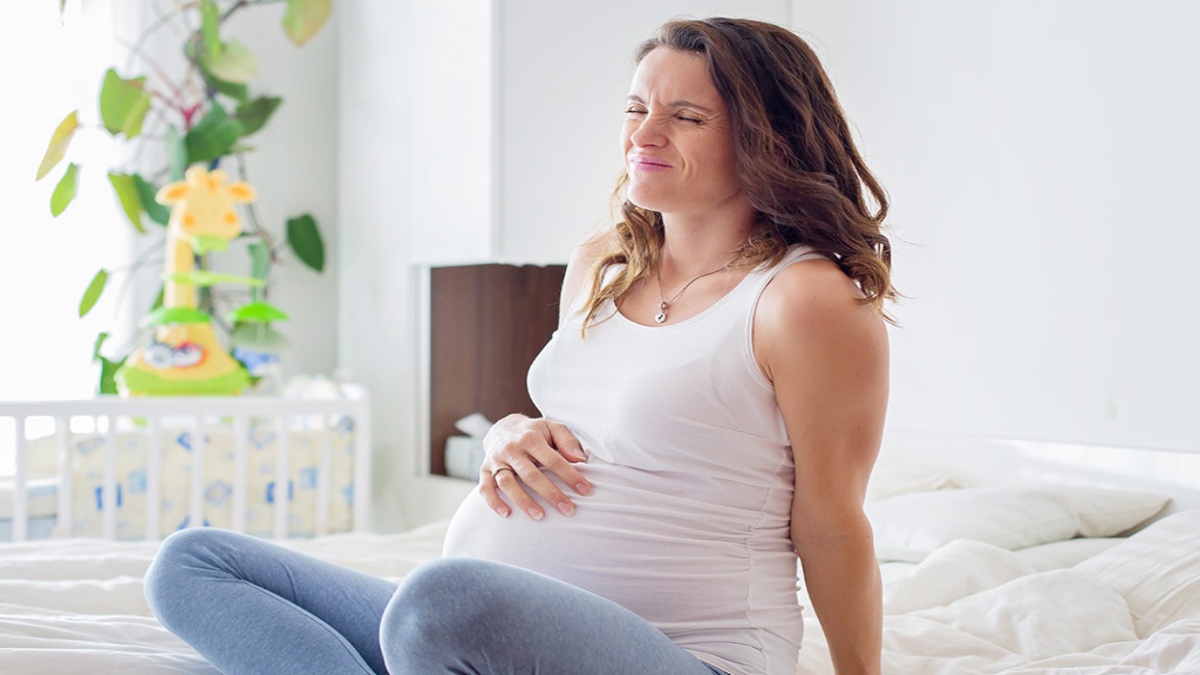


Okay, so you’ve just had a baby. Celebrations, cake and balloons should be in order. Only, you aren’t quite feeling the cheer. In fact, the nine months of joy, anticipation and excitement you felt during your pregnancy are now inverted into a sense of perennial gloom. Becoming a parent triggers an array of emotions, from joy and excitement to anxiety and fear. Baby blues are fairly common among new moms, but how do you cope with postpartum depression, a long-lasting and severe mood disorder?
Postpartum depression is a clinical condition that can affect new parents after childbirth. It can affect new mothers and fathers, and its symptoms generally include extreme sadness, exhaustion, tearfulness, changes in eating patterns, reduced libido and self-doubt. Although about 10% of women develop symptoms of postpartum depression, there’s a misperception that it becomes evident only after childbirth. Nope, not really. Expectant mothers can face symptoms of depression while they’re still pregnant, although they become more pronounced after childbirth. New parents fall privy to the condition because of exhaustion, lifestyle changes after childbirth, and lack of sleep. If you have a history of depression or anxiety, your chances of developing postpartum depression are higher. Speak to a doctor if you’re wary of developing postpartum depression. It’s always better to be prepared.
Many couples ask me if Postpartum depression can be alleviated with the right treatment. It really depends on the degree to which the condition has affected you. If your symptoms are mild, your doctor may suggest that you wait to see whether the condition ebbs on its own. If your life is severely affected by postpartum depression on the other hand, you may be prescribed antidepressant medication and counselling. Antidepressants can change the chemical composition in your brain, which in turn, can temper your emotional balance. Postpartum depression is a conquerable condition. When you rise above it, you’ll discover the joy in little things. Like the way your baby laughs. Or the first time he stands up. You’ll learn something new every day. And perhaps, to honour this beautiful new phase of life, you can call for another round of cake and celebrations.
Some handy tips:
• Focus on developing a bond with your baby before you plan and think of anything else. Always remember a women has undergone many changes before, during and post pregnancy and getting back to normal takes time
• Create time for yourself: Make sometime for exercises & pursuing your hobbies. Plan your time according to your babies schedule and you will be able to recover soon
• Continue to maintain a healthy lifestyle & clean eating habits: Just as during the time of pregnancy you maintained a good healthy lifestyle, continue to focus on nutritious, home cooked food that will help you feel better and give your body the nutrients you need.
• Focus on Breastfeeding your child exclusively for 6 months: Some women develop depression symptoms while breast-feeding. This condition is called Dysmorphic Milk Ejection Reflex or D-MER. With D-MER, you might experience sudden feelings of sadness, agitation, or anger that last several minutes after your milk lets down.
• Continue to spend time with family & your partner : Do not isolate yourself. Always remember Positive social contact relieves stress faster and more efficiently than any other means.
• Last but not the least Don’t Compare Yourself to Others: It’s natural to compare your story to others in order to try and make sense of your suffering. However, this can create unrealistic expectations and place more added pressure on yourself. Remember that your recovery process is different from others for any number of reasons and the timeline for PPD is different for everyone. If you have certain risk factors, you might find your PPD lasting longer even with treatment.
Women need to remember that Post-Partum Depression can be a result of many factors like a complicated pregnancy or delivery or simply a lack of support from your partner or family members and friends but always remember this golden period of child birth and celebration should not be missed.The sooner you can get help with managing your depression, the sooner you can begin to enjoy your baby and parenting journey.
The Author is the Director – Department of Gynecology and Obesetriction, Cloudnine Group of Hospitals, Noida